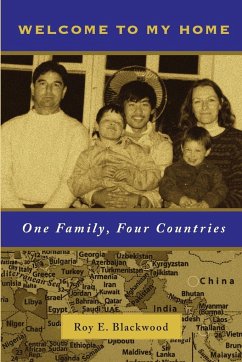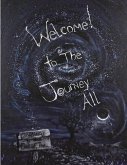Shortly after we arrived in China, my assistant introduced me to a professor who greeted me in Chinese. Obviously, as I did not speak Chinese, I had no idea what he had said, so my assistant translated, saying, "Welcome to my home." Well, that I understood, so I responded with, "We'd love to come-when would be good for you?" The man looked surprised, and there was a long pause before he said, "How about if you and your family come to dinner Friday?" I said that would be fine, and we said goodbye. After we left, I asked my assistant what had been wrong, why the man had been so surprised when I accepted his invitation. My assistant paused, then said, "Oh, nothing, he was just thinking about when the best time would be." I wasn't entirely convinced, but I accepted his explanation. Months later, I learned that, "Welcome to my home," was a standard greeting to people visiting China, and meant something like, "I hope you are enjoying China." It wasn't an invitation to his home any more than my saying, "Hello, how are you doing?" would have been an invitation for him to catalogue his ailments and personal problems in detail. Similar situations-in which we assumed we understood meanings just because we understood the meanings of words-plagued us throughout our year in China. We adjusted quickly, however, to most of the cultural differences, and learned to accept even those customs we didn't like, but there always remained the inherent possibility that, although we acted in good faith, we acted incorrectly. We could never be sure that our understanding of what people said to us-even in English-was cultural, as well as linguistic.
Hinweis: Dieser Artikel kann nur an eine deutsche Lieferadresse ausgeliefert werden.
Hinweis: Dieser Artikel kann nur an eine deutsche Lieferadresse ausgeliefert werden.








